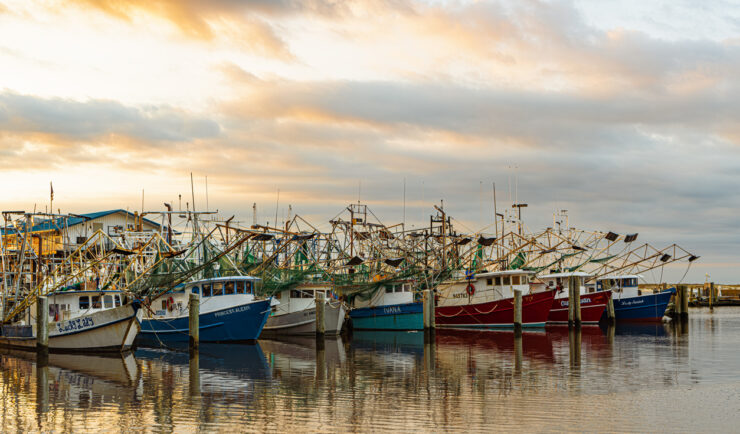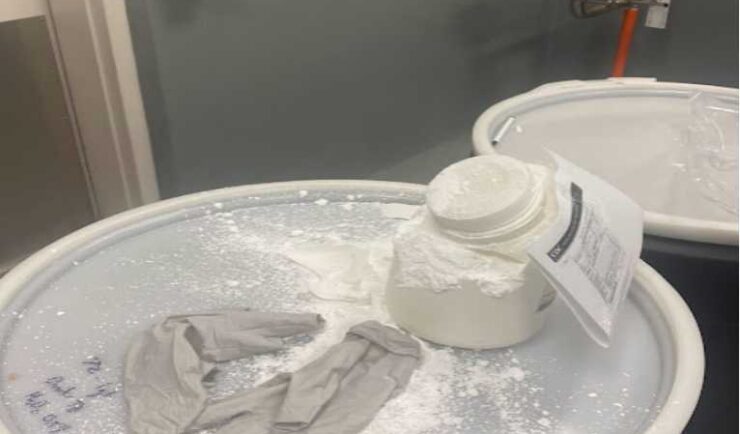- Employee Spotlight
- Environmental Resource Assessment & Management
NOAA Diversity in External Services Award Winner

Congratulations to Melis Ӧkter for receiving the first, annual NOAA Diversity in External Services Award. Melis is one of our coastal management specialists supporting our subcontract with NOAA’s Office for Coastal Management. This award recognizes Melis’ work establishing partnerships and networks to create a safe space to learn and share about diversity and equity issues. Melis provided information and resources, such as risk communication and nature-based solutions, from the client to underserved communities. In addition, Melis is a leader of diversity, equity, and inclusion within the National Estuarine Research Reserve System, whose staff work closely with local communities. A big congratulations to Melis on this well-deserved award!
See More CSS Insights

Atmospheric Processing System Support
The NOAA Unique Combined Atmospheric Processing System (NUCAPS) is an operational retrieval algorithm that NOAA’s National Environmental Satellite, Data, and Information Services has been using since 2002. This system generates near real-time atmospheric profiles of temperature, water vapour, and trace gases, as well as Outgoing Longwave Radiation (OLR) needed for weather forecasting. CSS Remote Sensing…

Praise for Spatial Modeling Work
Congratulations to our staff who helped support the Gulf of Mexico wind spatial modeling work! Through our contract with the National Oceanic and Atmospheric Administration’s (NOAA) National Centers for Coastal Ocean Science, this team is helping to lay the groundwork for the new Wind Energy Spatial Modeling Program as offshore wind continues to gain momentum.…

Rapid Reporting of a Close Call Incident
CSS Safety Protocols During a routine collection of waste, a container of white powder disintegrated without warning, causing the powder to spill and be expelled into the air. Thanks to CSS’s safety protocols and quick response, our Center for Disease Control waste disposal staff was able to assess the situation and respond to the chemical…
